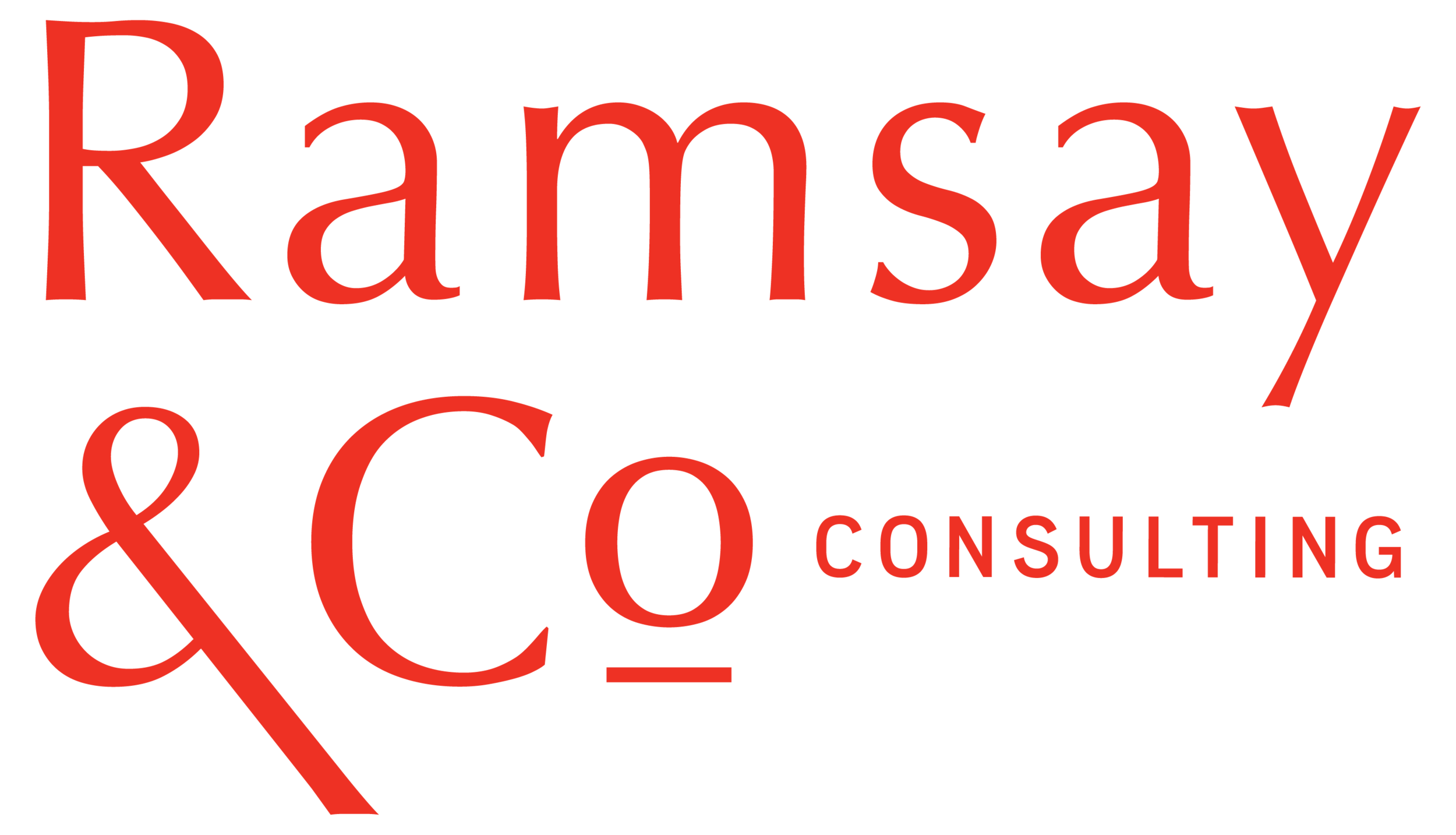#7 How Is a Story Born?
The story of my story.
Let me start with an apology. I’m sorry, folks and friends, my life was taken over by a move last week and I barely had time to breathe, much less shoot you a quick note to say I’d be back this week. I am committed to getting you your weekly dose of storytelling insight. But, I am also human and believe very much in balance and not beating ourselves up when we fall a little short of the (high) standards we set for ourselves. We try again the next day, week, hour, minute. C’est la vie. Forgive me.
This week I want to tell you a story about my story. My novel specifically. I’m on the last days of a rigorous review and edit process through a program called Diaspora Dialogues here in Canada. And finishing this latest round of edits has left me nostalgic about the hours and years put into bringing Melanie, my main character, to life. While I’m usually frustrated when I think about the long long long editing process, I must admit she’s better for it.
About six years ago a very important person in my life was diagnosed with a serious mental illness after months of uncharacteristic behaviour. It was not easy and the Canadian mental health system’s treatment of patients, especially black patients and other folks of colour, adds a layer of struggle onto what is already hard. That person was eventually diagnosed though and treated and now manages the illness as part of their life. But, the experience left an indelible mark on my psyche. One that I kept going back to and picking at, trying to understand.
After a bit of therapy of my own to integrate my experience of that time, my brain kept going back to it and asking, “what if?” That question slowly weaved itself into a story about an artist, her grief, and mental illness in some of its complexity. Oddly enough, a story about hope. I would wake up early in the morning and write for a few hours and keep scrap paper nearby as scenes and dialogue would come to me. Eventually I took a long form writing course at Ryerson University to get a bit of guidance around this thing that had been mostly instinctual for me.
I finally had to take some time off work, all three weeks of my vacation at once. It was the beginning of the summer after I’d begun to think about Mel. I flew to PEI and drove around Canada’s east coast spending most of my days writing (and eating fresh seafood). It was glorious and I had a solid skeleton by the end.
Then the real work began. Editing. I can put together a story in any form fairly quickly, but it is rarely any good until after a few rounds of serious editing. Often the finished product is just a distant cousin of the original. So, for those of you out there working on a project that you’ve finished and aren’t very impressed by, don’t worry you’re at the beginning. Keep going.
Melanie went through about five drafts and many months of early morning and late-night work before I sent the draft to a few close friends and family for feedback. Then she went through a couple more edits.
That’s the hard part began. Trying to get it published. That part continues for me and this fall, I’m trying again. Sending out queries and reaching out to editors and agents in hopes of connecting with someone who connects with Mel and will work with me to bring her to life through publishing. Luckily Diaspora Dialogues also helps with that process. Send me publishing energy, friends.
The tragic part about writing a book I’ve found (at least based on all the expert advice that has come to me) is that you might craft something truly amazing, which I think I have, and still not be able to get it published. It’s the risk you take with writing stories that you hope to get in front of a large audience. Publishing is a big, profit driven, industry run mostly by white people with power and little connection to writers like me. I accept that, hope it changes and will in the meantime work to make Melanie the best piece of writing I’m capable of. Because there’s beauty in the effort too, even if it takes another five years to see it in hard cover in the hands of people I don’t know. This story is worth the effort. I’ll keep you posted on the adventure as I continue to move through it.
On the topic of mental health. This substack newsletter on mental illness for people of colour seems to have been created for me and my niche interest area. It’s called “Foreign Bodies” and has brought really great stories about mental health to me. I may have finished this round of edits, but the chance to add more richness to it through insight really won’t end until someone (finally, hopefully) takes it from me and puts it to print. Until then, I write.
Chantaie Allick
Writer|Strategist|Storyteller
Thanks for reading Adventures in Storytelling!
Subscribe for free to receive weekly insights and resources for better communication through storytelling.

